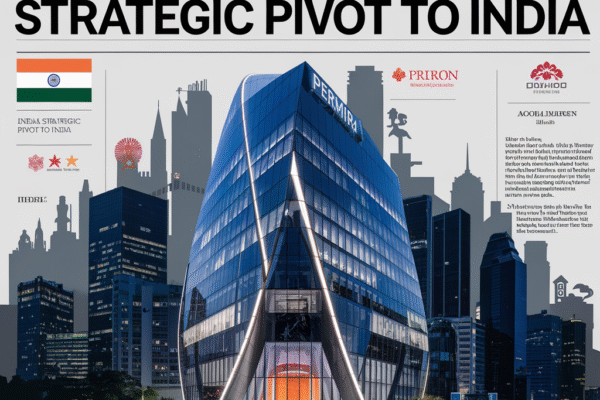Private Equity Firms See Opportunity in Canadian Bid for 7-Eleven Owner
Key Highlights
- Private equity firms are eyeing a significant opportunity in the Canadian bid for Seven & I Holdings Co Ltd, the parent company of 7-Eleven, one of the world’s largest convenience store chains.
- The acquisition would provide substantial scale, operational efficiencies, and a strong global footprint in the rapidly growing convenience store sector.
- The bid comes amid increasing private equity activity in the retail and food service industries, driven by the potential for operational improvements and long-term growth.
Industry Landscape and Strategic Importance
The convenience store sector has experienced remarkable growth, fueled by consumers’ demand for quick and convenient shopping experiences. Private equity firms have been actively pursuing investment opportunities in this space, recognizing the strategic value of well-established brands and operational efficiency.
Major players in the competitive landscape include industry giants like Circle K, FamilyMart, and e-commerce behemoths like Amazon, which are expanding their brick-and-mortar presence. Acquiring a company like 7-Eleven would provide a significant competitive advantage, offering a vast global network of stores and a strong brand reputation.
Historical Context and Notable Acquisitions
Seven & I Holdings Co Ltd has a rich history of strategic acquisitions, with the 2005 buyout of 7-Eleven Inc. from Southland Corporation marking a pivotal moment in the company’s expansion. This acquisition positioned 7-Eleven as a global leader in the convenience store market and paved the way for further investments in digital technologies to enhance customer experience and operational efficiency.
Notable private equity movements in the sector include the acquisition of Circle K by Alimentation Couche-Tard in 2018, highlighting the importance of scale and operational synergies in the industry.
Potential Market Impact and Challenges
The acquisition of 7-Eleven by a Canadian firm could significantly disrupt market dynamics, potentially leading to increased competition, innovation, and further consolidation in the convenience store sector. Industry analysts predict that this deal could set a precedent for future M&A activity, as private equity firms seek to capitalize on the retail boom.
However, regulatory hurdles and antitrust concerns, particularly in the United States, pose significant challenges. Operational integration risks, including cultural discrepancies and management styles, must also be carefully navigated to ensure a successful transition.
Private Equity Trends and Investor Sentiment
Private equity firms are evolving their investment strategies, focusing on sustainable growth, operational efficiency, and digital capabilities. The use of generative AI is becoming more prevalent, helping firms make better-informed decisions and boost returns. Successful cases include the acquisition of companies with strong e-commerce platforms, which have demonstrated resilience during economic downturns.
Investor sentiment regarding the 7-Eleven acquisition varies. While some firms view it as a strategic opportunity to expand their retail portfolio and leverage 7-Eleven’s global brand recognition, others remain cautious due to regulatory risks and operational integration challenges. Market reactions and investor confidence levels will be closely monitored, as the





